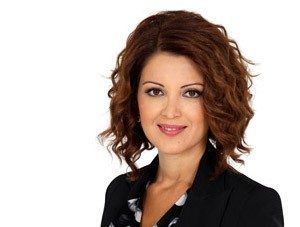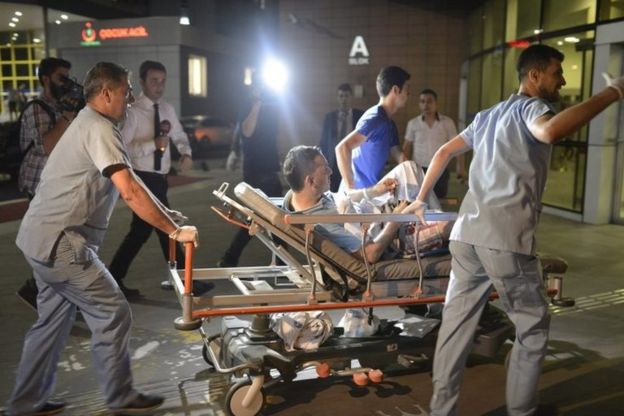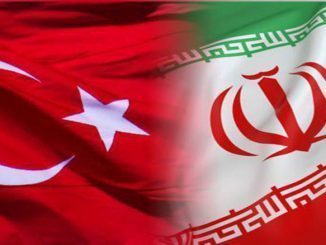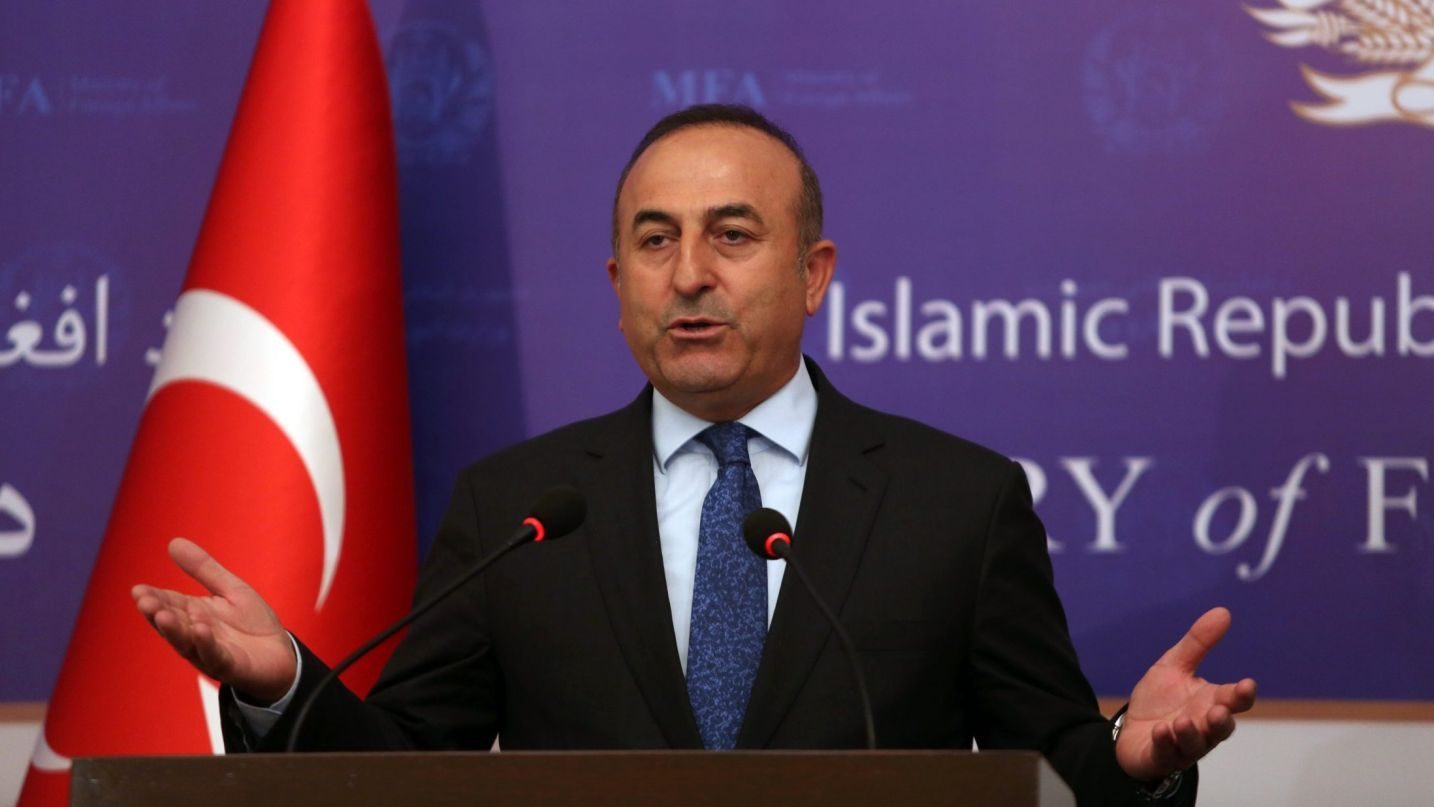
BY: NAGEHAN ALÇI*
It has been nearly one month since Operation Euphrates Shield was launched. The operation, which started in Jarablus, helped unify the 100-kilometer line between Azaz and Jarablus with the opening of the second front in al-Rai. The Turkish Armed Forces (TSK) and TSK-backed Free Syrian Army (FSA) elements are progressing in Syria by seizing important areas. As a result of this, security has been ensured along the Turkey-Syria border through the removal of DAESH from the region and the prevention of the Democratic Union Party (PYD) creating a contiguous line.
Even though it seems like every target has been achieved in the first phase, Operation Euphrates Shield is still in place as Turkey’s objectives and responsibilities in the region are not limited to what is mentioned above. There are widely known new targets, with the elimination of DAESH from Raqqa and Mosul taking the lead. We know the U.S. asked Turkey to join the operation for the removal of DAESH from the two cities. However, we do not know to what extent and under what consequences Turkey will respond to this request. President Recep Tayyip Erdoğan’s talks with both U.S. President Barack Obama and other leaders in New York are critical in finding answers to these questions.
It appears the operation is moving south from al-Rai and is targeting expansion in al-Bab, which is a critical point for DAESH. The seizure of al-Bab means significantly undermining DAESH. Meanwhile, there are endeavors to prevent DAESH on the one hand, and the PYD on the other – which makes Manbij a point of attention. If the PYD insists on not withdrawing to the east of the Euphrates, the scope of the operation might be expanded to include Manbij as well. On the other hand, it seems unlikely that Turkey will join an operation in Raqqa, as entering the city means going more south than it might have envisioned. Will this bring a strategic advantage to Turkey?
Instead of this, it seems that Ankara will focus on Mosul through an operation that is not in the foreground, but provides significant support to the ground forces. Turkey is also likely to provide air support for the seizure of Raqqa on the condition that the People’s Protection Units (YPG) will be excluded from the operation.
As Associate Professor Murat Yeşiltaş from the Foundation for Political, Economic and Social Research (SETA) suggests, Turkey is training nearly 3,000 Hashd al-Watani forces, as well as nearly the same number of peshmerga soldiers, at the Bashiqa camp in Mosul for the Mosul operation. In other words, nearly 6,000 trained soldiers are available for an operation with Turkey’s support. Turkey is concerned about influencing the content of the Mosul operation for certain reasons. First, it wants to prevent al-Hashd al-Shaabi, a Shiite militia power, from siding with the Iraqi army in a potential Mosul operation in order to avoid the disruption of the Sunni balance and the organization’s harsh methods in the post-DAESH period. Turkey also wants to prevent the PKK from joining the operation for justifiable reasons. Turkey wants to determine the fate of the operation for the emergence of an atmosphere where balances are observed in Mosul. If the Arab-Kurd and Sunni-Shiite balance is not observed, Mosul might witness a bloodbath. Certainly, this will affect the entirety of the region, and especially Turkey. This is why Mosul matters a lot. Turkey is competent enough to determine and change the fate of the Mosul operation by exercising its strength.
* NAGEHAN ALÇI is a Turkish Columnist. She writes for Daily Sabah Turkish newspaper.
(Published in Daily Sabah on Tuesday, Sept. 20, 2016)



